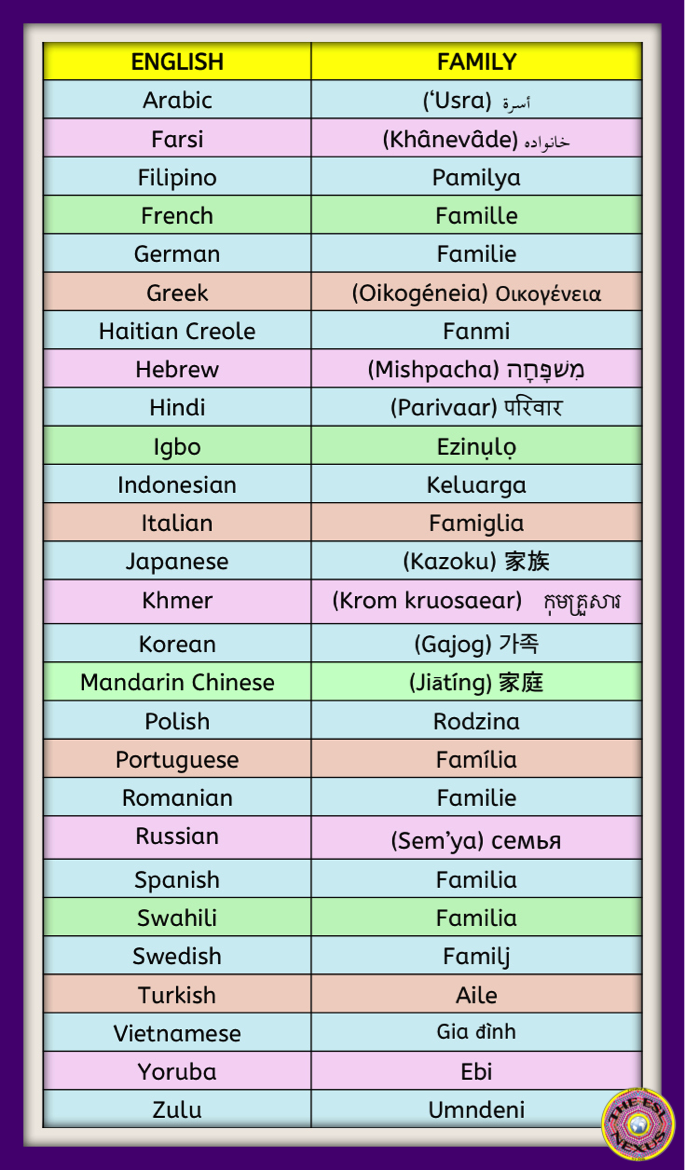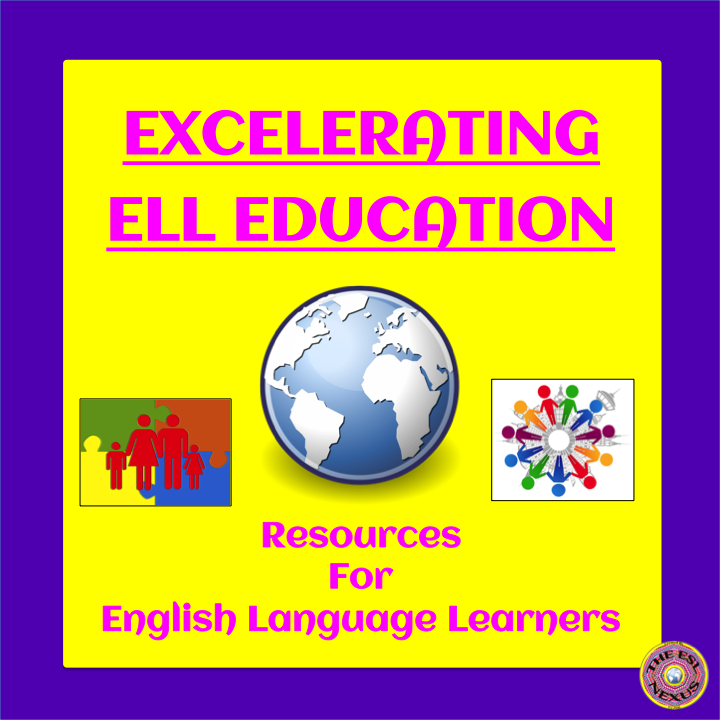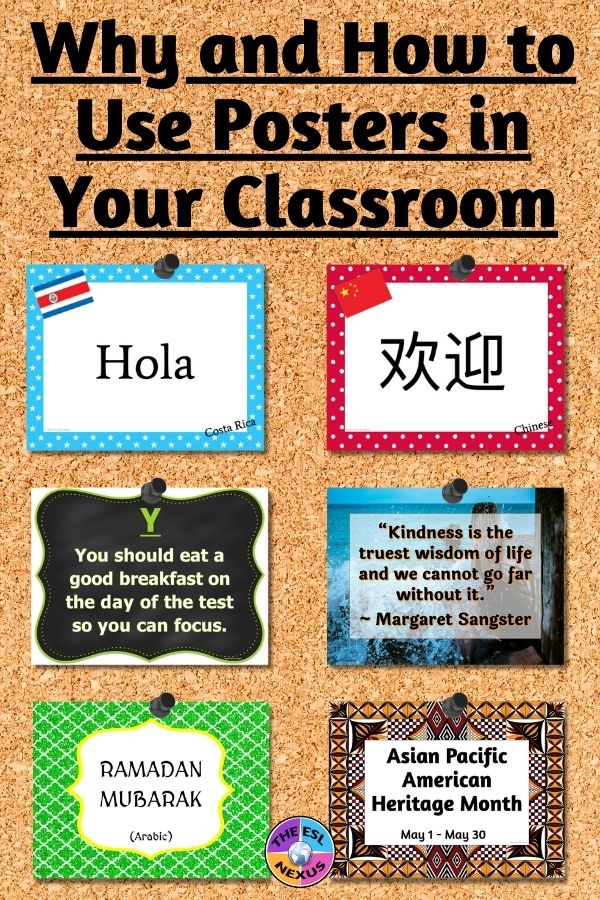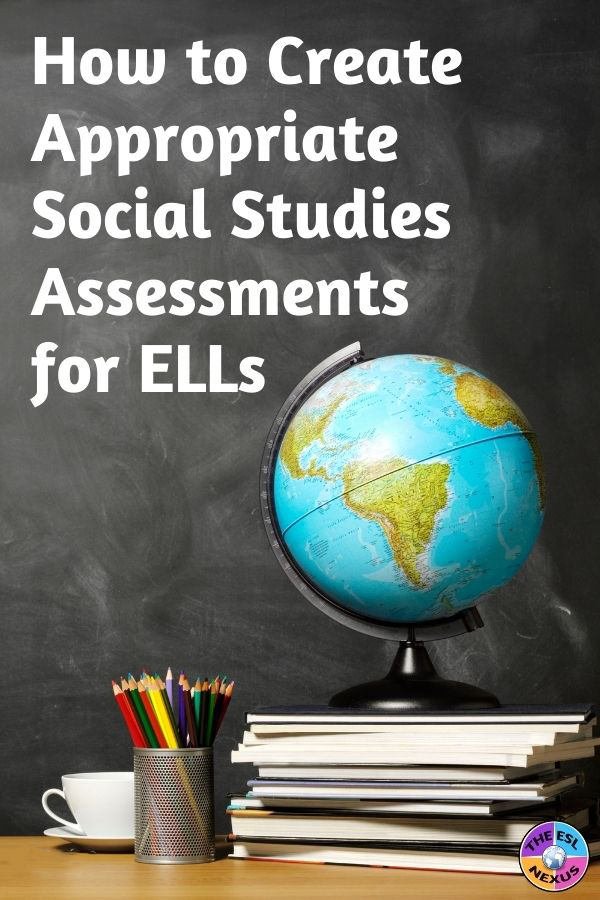Eight weeks with no break other than weekends is a long time! Teaching straight through from the last week of February to the middle of April was always the most exhausting time of the school year for me. In Massachusetts, there are week-long vacations in February and April but nothing in March, unlike other states which have one vacation in March instead. What’s the longest stretch you go without a break in your teaching? Let us know in the Comments section below.
Even though I’m no longer a classroom teacher, this past March was still draining. Among other things, my hard drive died and it took a week to get that fixed. Also, a big family reunion is coming up next weekend and relatives from all over are coming. That got me thinking about the importance of kinship and how family relationships are defined differently in other cultures than the way we define them in the U.S. Unlike English, many languages have specific words to refer, for example, to a grandmother or uncle or sister, depending on if it’s a paternal or maternal grandparent or mother’s or father’s brother or younger or older sister.
 |
| How to say “Family” in 28 languages; click HERE for your own copy |
Family was very important to my ELLs and it was not unheard of for some of them to miss school due to extended family vacations or for them to not complete homework assignments because of family obligations. Myself, I often spent my vacations visiting my family, before I moved to Arizona to be closer to them (and to avoid losing two days of precious vacation time to travel). And when I was a child, we spent school vacations visiting grandparents out of state.
Since many educators have just returned from having a break or will soon be enjoying one, the theme for April’s ELL linky party is Family and Community.





